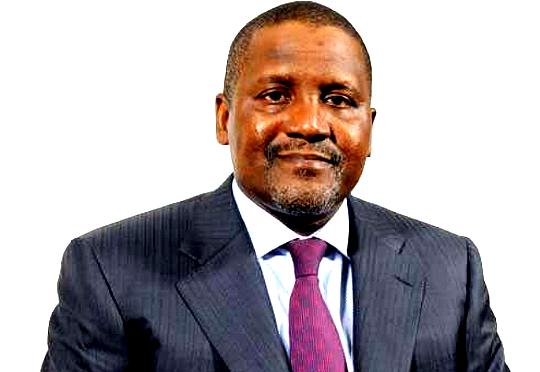Delivering the eight annual Desmond Tutu International Peace Lecture on Monday, President Cyril Ramaphosa said to achieve peace, inequality must be addressed.
“Peace is not possible in an unequal world, and no society can be at peace unless all its people have equal rights, equal opportunities and an equal quality of life.“Peace is not possible in an unequal world, and no society can be at peace unless all its people have equal rights, equal opportunities and an equal quality of life.
“As South Africans, we know that peace is not merely the absence of war, but also the absence of injustice.
“There are still millions in our society who live in poverty, who are socially excluded and economically marginalised,” said President Ramaphosa.
The Arch celebrated his 87th birthday from his hospital bed in Cape Town, where he is receiving treatment.
This lecture on peace, named in honour of Desmond Tutu, took place exactly two weeks after the United Nations held a Nelson Mandela Peace Summit at its annual General Assembly.
At the end of the debate, the assembly declared that the next decade would be the Nelson Mandela decade of peace.
To achieve peace and equality, President Ramaphosa said there is a need to reduce the massive disparity in income and opportunity in South Africa, particularly between black and white, but also between women and men.
He said poverty, social and economic exclusion must be prioritised and attended to in order to achieve peace.
“We cannot speak of true freedom when the constitutionally guaranteed rights to quality health care, to quality education, to decent housing and to a clean environment continue not to be enjoyed by many South Africans.
“We cannot speak of true freedom when 10% of the population has more wealth than the remaining 90% combined; when women are discriminated against at their places of work and abused in their homes; and when privilege and poverty follow the same racial contours of a colonial past.”
To address the disparities, President Ramaphosa said nothing short of a skills revolution is required, in which inclusive, accessible and relevant education produces quality outcomes.
“It is essential that, alongside a skills revolution, we draw millions more young South Africans into the productive economy through work.
“Last week, the social partners – government, labour, business and communities – convened a Jobs Summit, which was the culmination of several months of deliberations on measures to accelerate job creation. It was a clear signal of the determination of all sections of society to work together to build a social compact to create jobs,” said the President.
On gender, President Ramaphosa said every institution – from government departments to companies and universities – should actively work to prevent gender bias, no matter how subtle or apparently inconsequential.
“The violation of the rights and equal worth of lesbian, gay, bisexual, transgender or intersex people demeans our common humanity.
“Not only does it expose individuals to pain, suffering and even violence, but it often limits access to social services and economic opportunities for LGBTI people.
“It is not possible to build a just and equal society in such circumstances,” said the President.


